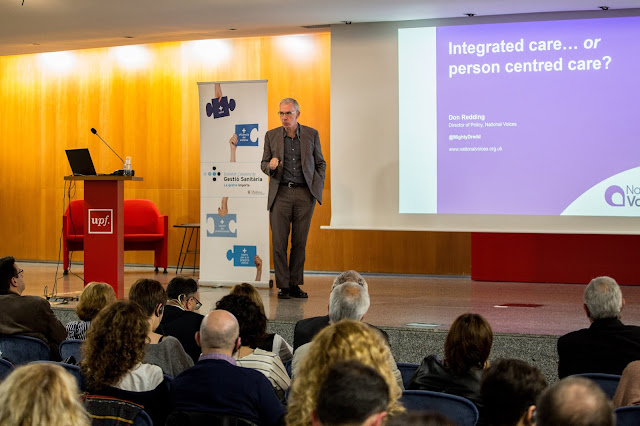Joan Escarrabill
Book stores are still important. Despite social networks and the avalanche of information, good libraries are still a source of surprises. If a book store doesn't surprise - if you only find common or the latest ones - you won’t return.
When visiting the Central del Raval in Barcelona, I have never left without having found surprises. The latest is Comprender la Democracia (Understanding Democracy), by Daniel Innerarity. Eighty dense pages, with meaning and suggestive ideas. It is essential to read books from different disciplines to be able to establish parallels and systematically avoid shared and inbred ideas. Therefore, when we talk about patient participation, it is very useful to do so from a conceptual framework away from clinical practice. Now more than ever it is convenient to reflect on participation based on a conceptual framework described by people who think about democracy.




































